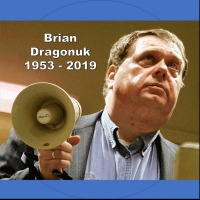- Budget / Production (2)
- FREE BOOK Voice Over... (1)
- FREE Voice over... (1)
- FREE Voice over Book -... (1)
- Tips to Improve your... (1)
- U S Federal Govt... (2)
- How to Get a Great... (1)
- WIRELESS MICROPHONES... (1)
- Copyright Rights (1)
- Disney Audition... (1)
- Writing Tips (3)
- Interviews (2)
- Professor Chris Palmer... (14)
- U.S. Department of... (1)
- general; common sense... (1)
- helpful links on music... (1)
- My Interview about... (1)
- Most States Defer to... (1)
- Use These Data... (1)
Reprinted by Permission of Professor Chris Palmer - School of Communication, American University
Professor Chris PalmerAuthor of Shooting in the Wild: An Insider's Account of Making Movies in the Animal Kingdom (Sierra Club Books, 2010)Distinguished Film Producer in ResidenceDirector, Center for Environmental FilmmakingSchool of Communication, American Universitycell 202-716-6160; office 202-885-3408Center website: www.environmentalfilm.org SOC profile: http://www.american.edu/soc/faculty/palmer.cfm Shooting in the Wild on Facebook: http://on.fb.me/gOTUlc Shooting in the Wild website: http://bit.ly/a4L3LU Chris’s Facebook site: http://www.facebook.com/#!/chrispalmer47 Follow me on Twitter @chrispalmer_au Chris’s blog: http://soc-palmer.blogs.american.edu/ President, One World One Ocean FoundationPresident, MacGillivray Freeman Films Educational Foundationcpalmer@mffeducation.orgwww.mffeducation.org Chief Executive Officer, VideoTakes, Inc.chris@videotakes.comwww.videotakes.com
